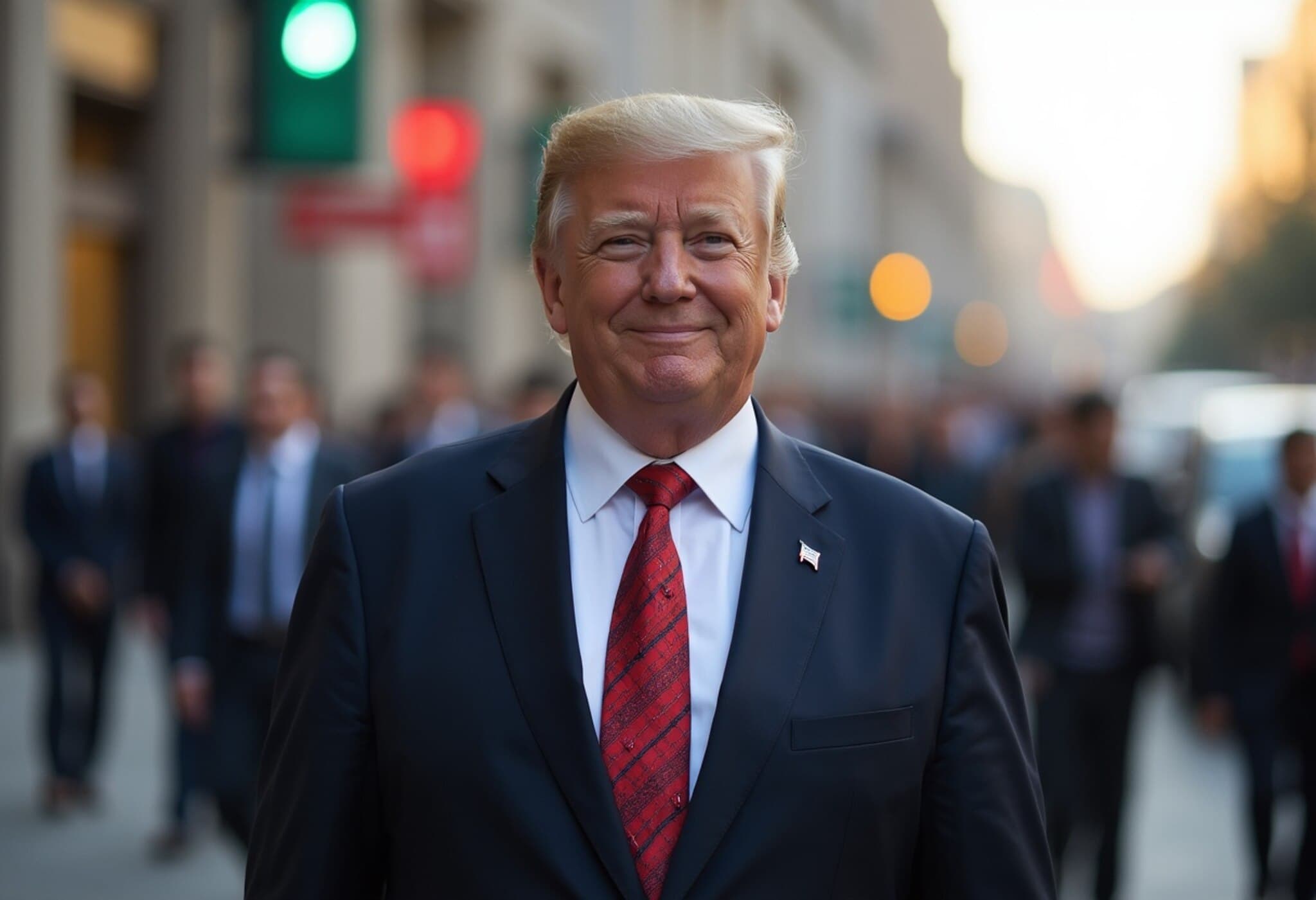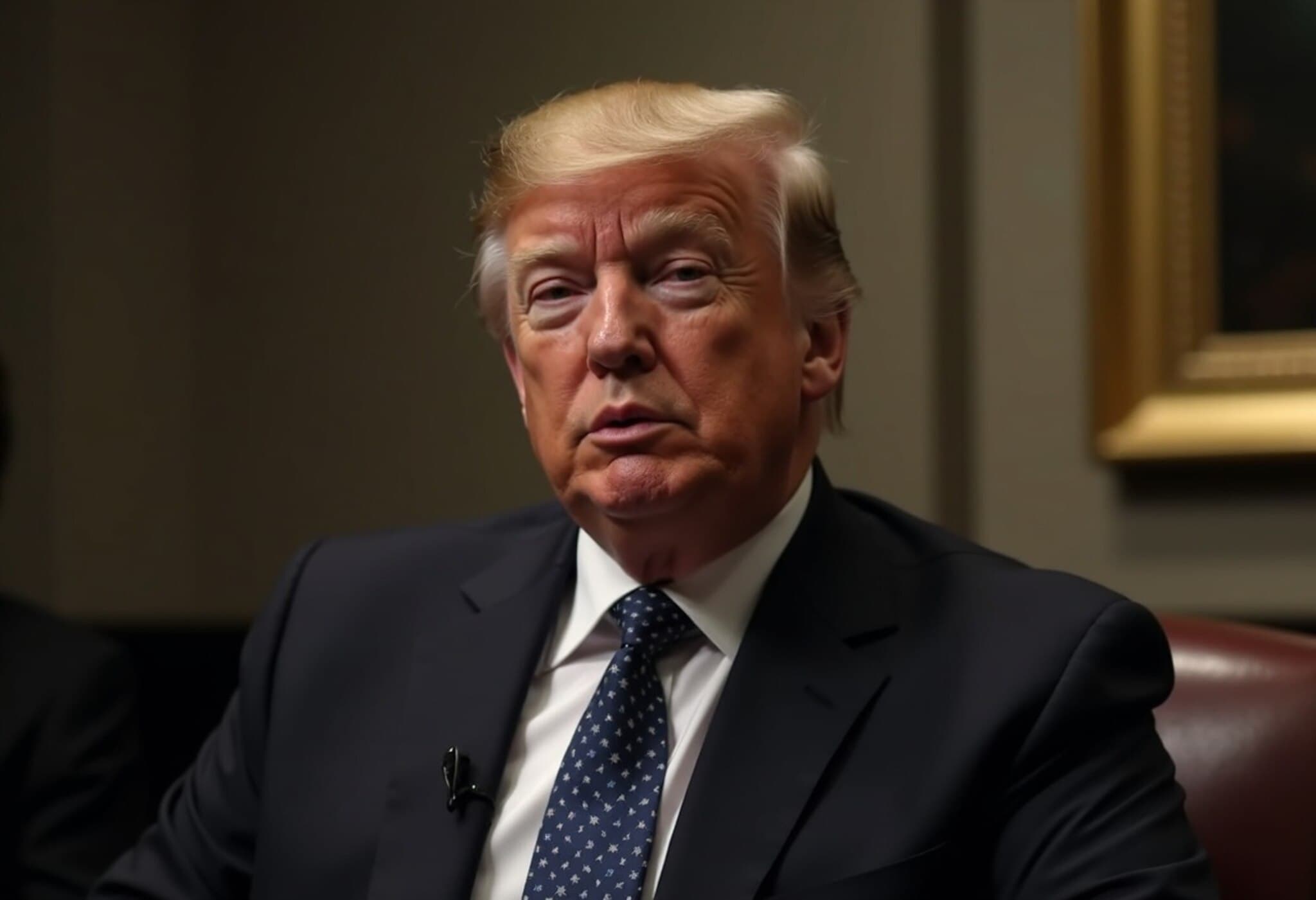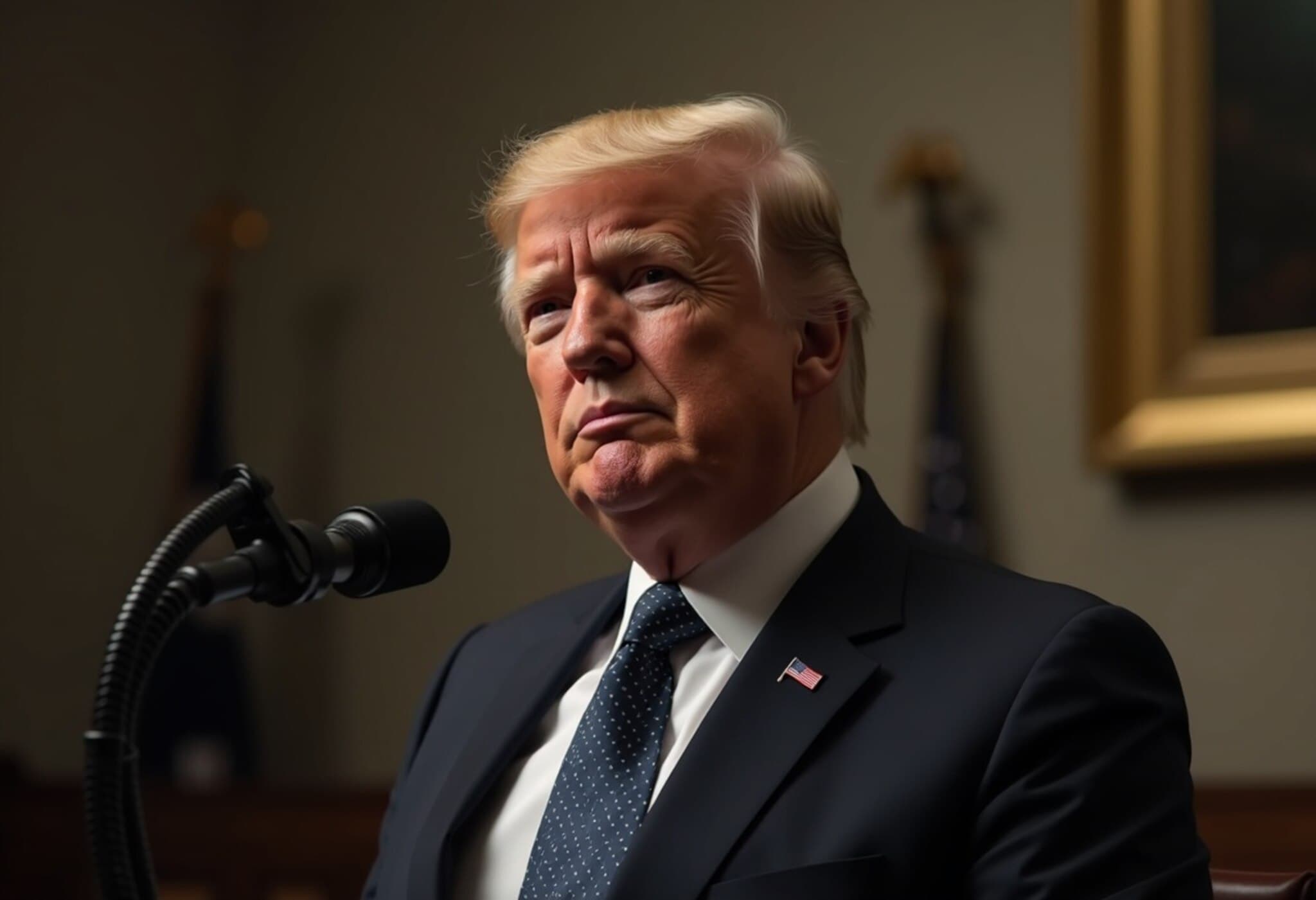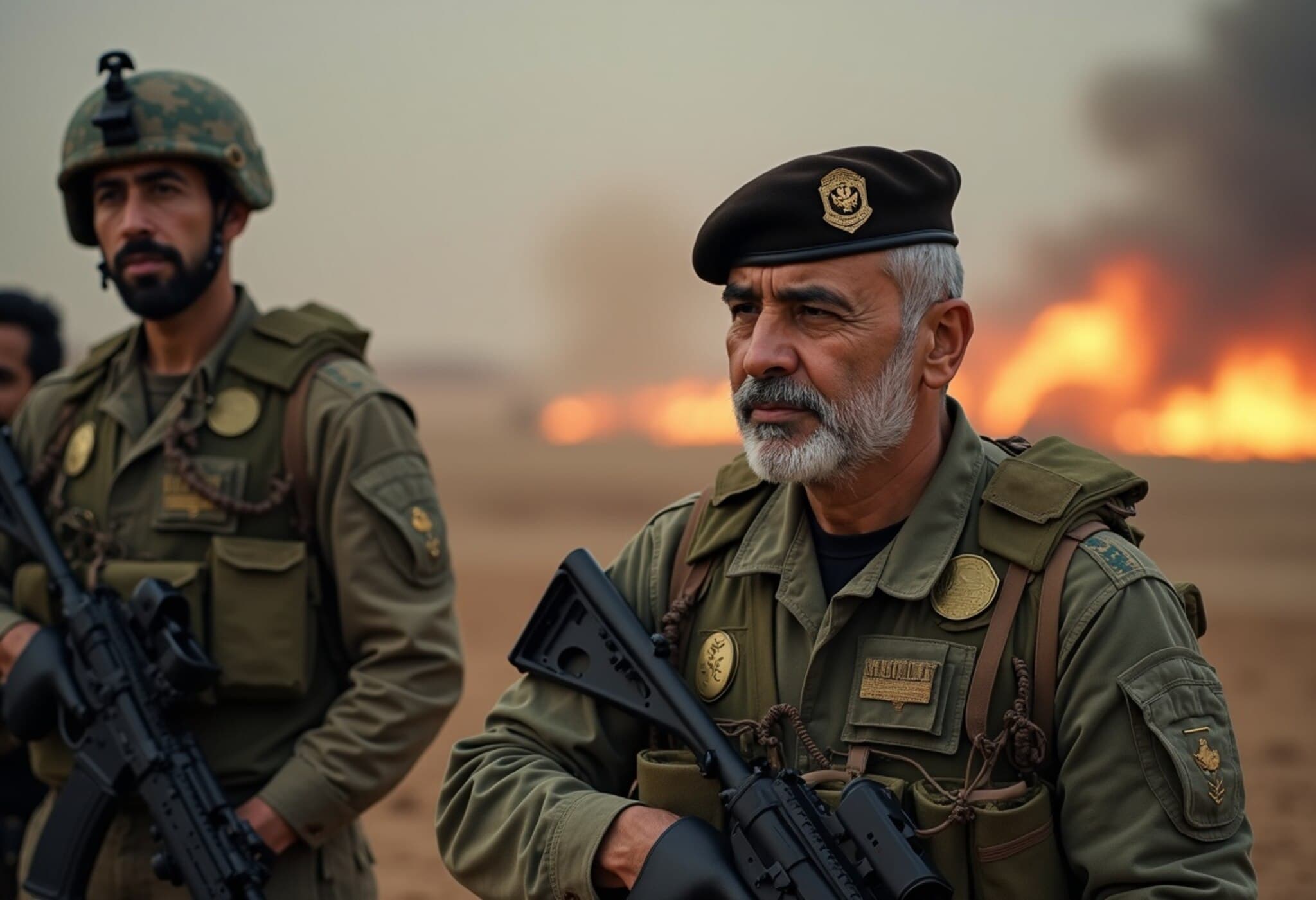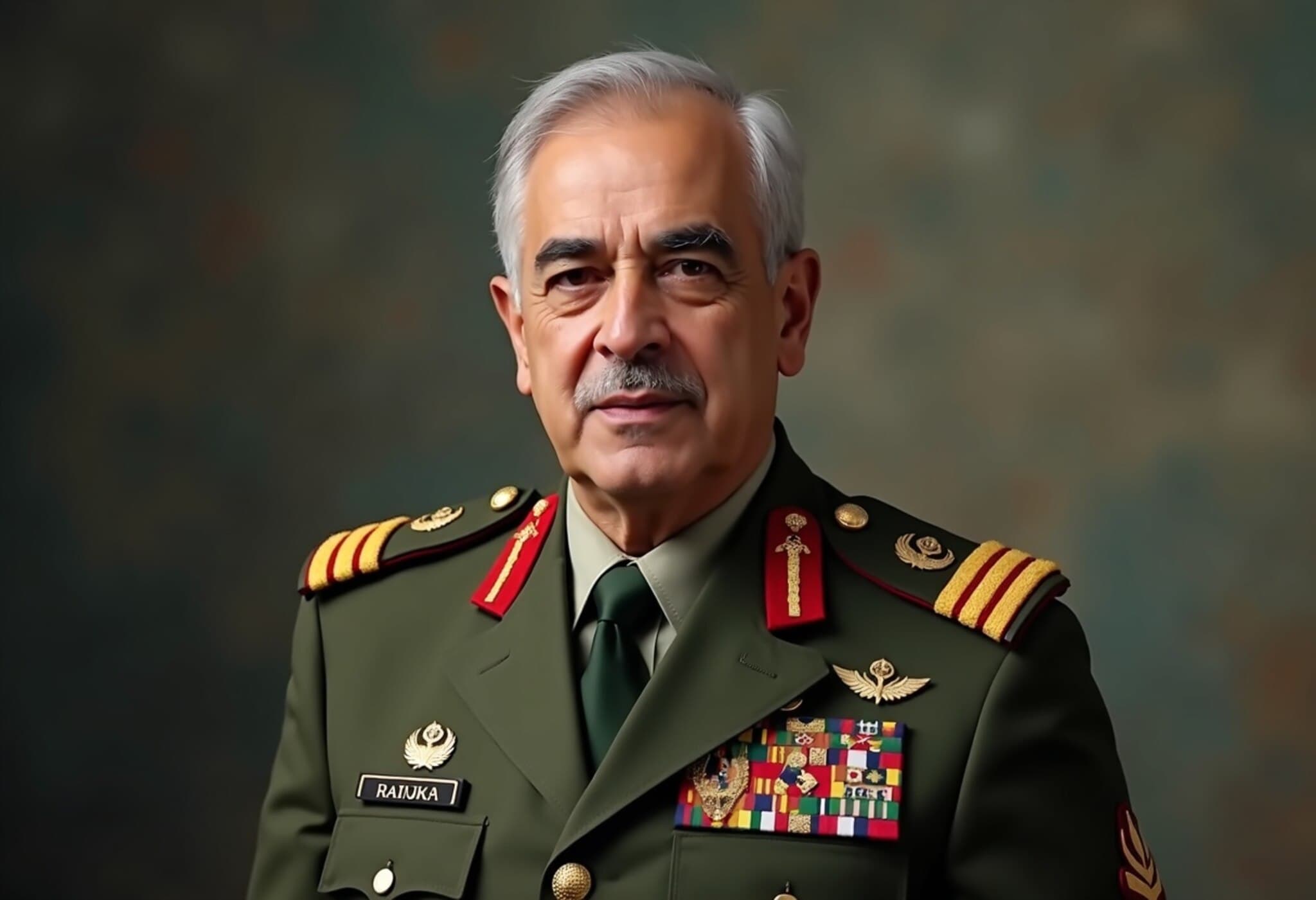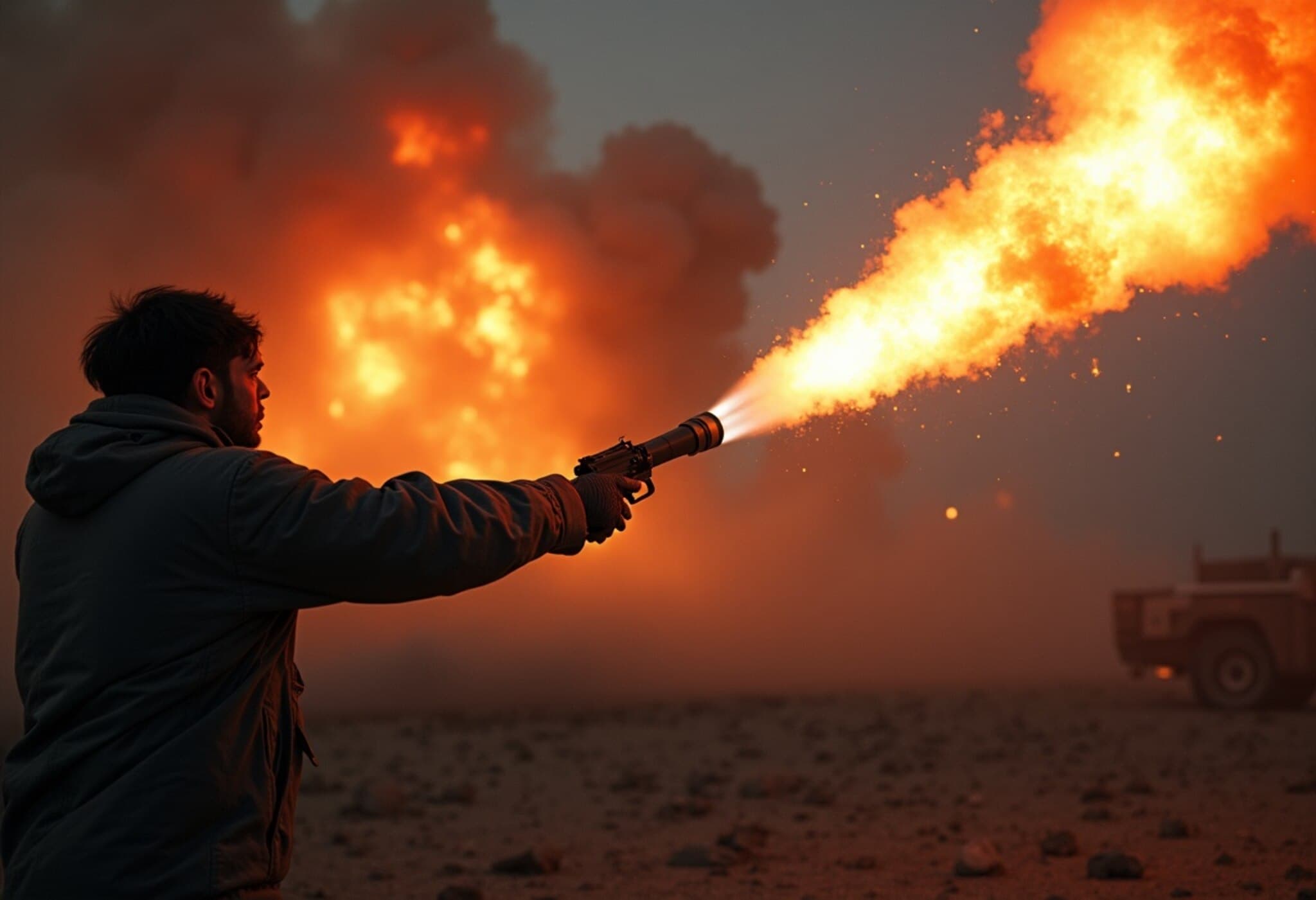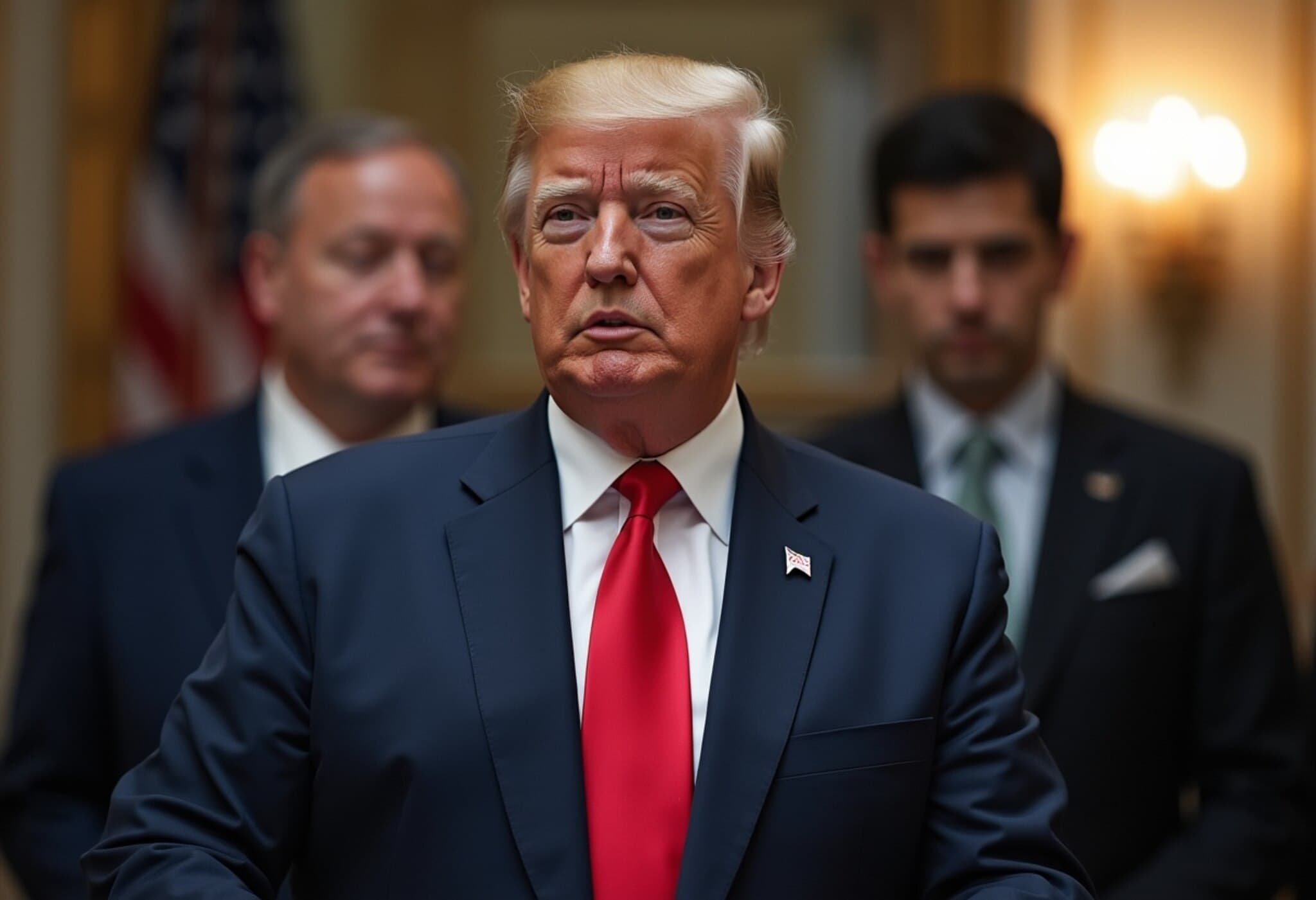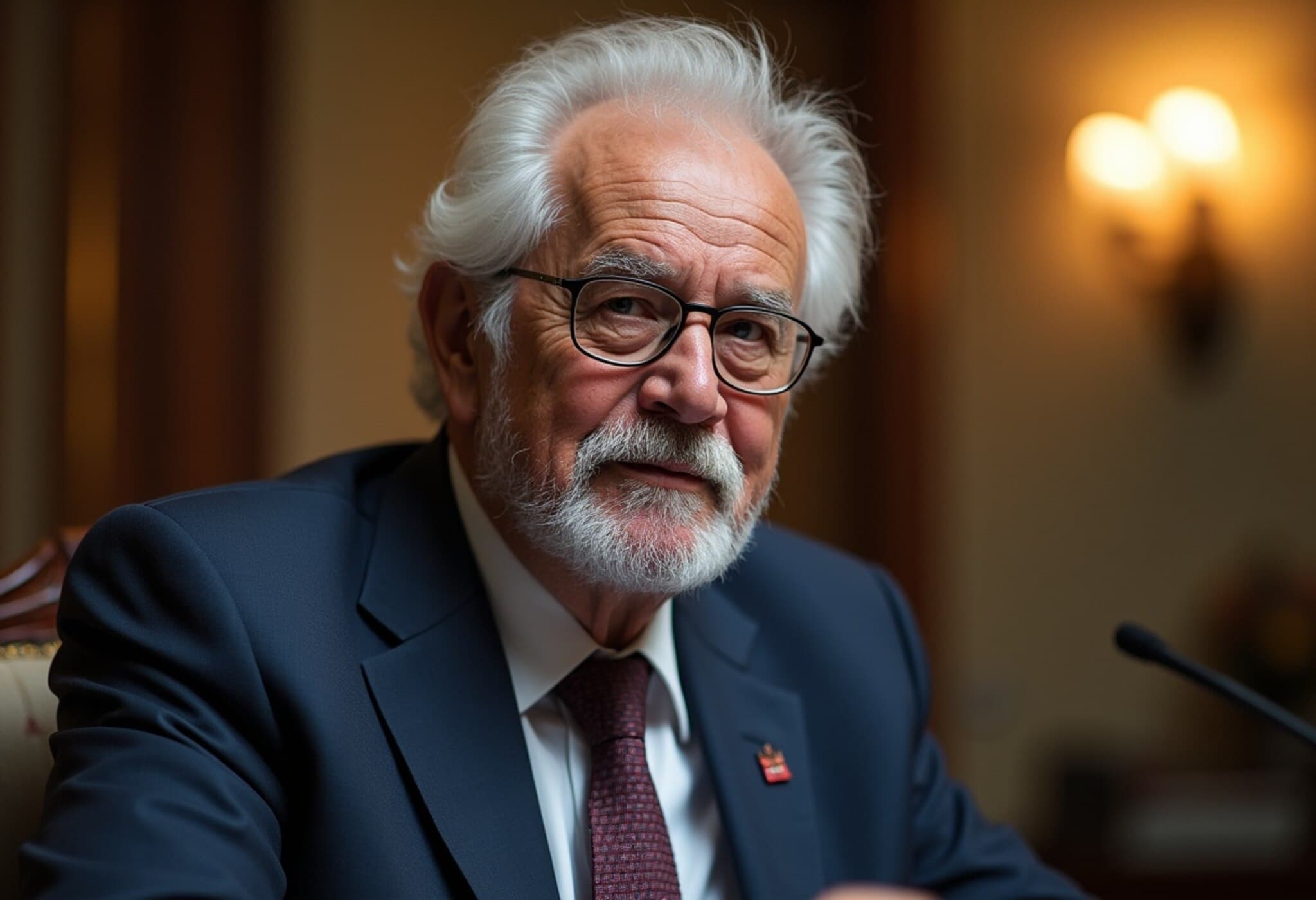US Middle East Envoy Steve Witkoff Arrives in Israel Amid Escalating Gaza Crisis
Steve Witkoff, appointed as US President Donald Trump’s envoy for the Middle East, is making a pivotal visit to Israel at a moment marked by soaring humanitarian concerns in the Gaza Strip. This trip, his first known visit since May 2025, comes as the region faces an alarming surge in starvation and escalating diplomatic tensions.
The visit underscores the Biden administration’s ongoing efforts to mediate a fragile ceasefire between Israel and Hamas, following months of relentless conflict that erupted with Hamas’s surprise assault on October 7, 2023. Witkoff’s previous diplomatic engagements notably included spearheading negotiations that culminated in the release of the last American-Israeli hostage held by Hamas.
Humanitarian Catastrophe Deepens in Gaza
Reports from the Gaza Strip paint a grim picture: the World Food Programme warns that over one-third of Palestinians in Gaza have endured multiple consecutive days of hunger. Local health officials confirm that starvation-related deaths have tragically claimed dozens of lives recently, including vulnerable children.
In a recent departure from prior US narratives closely aligned with Israeli positions, former President Trump publicly acknowledged the severity of starvation in Gaza. He stated, “That’s real starvation stuff, I see it, and you can’t fake that.” This statement contrasts sharply with Israel’s Prime Minister Benjamin Netanyahu, who has denied the presence of starvation in the enclave—highlighting growing friction even among allied leadership on how the crisis is portrayed and addressed.
Diplomatic Challenges Amid Calls for Ceasefire
Despite Witkoff’s efforts as Trump’s lead middle east negotiator, ceasefire talks with Hamas have recently stalled, exacerbating the humanitarian and security crisis. The conflict has resulted in a staggering death toll exceeding 60,000 lives since hostilities erupted last year.
Internationally, the humanitarian disaster has sparked widespread outrage. A coalition of nearly 30 nations, inclusive of some of Israel’s longstanding allies, has called unequivocally for an immediate ceasefire. Britain’s conditional endorsement of this stance further signals shifting geopolitical sympathies and pressures within Western governments.
What Lies Ahead?
- The ongoing stalemate raises urgent questions about the efficacy of diplomatic channels and humanitarian aid access.
- Witkoff’s visit may be a critical juncture to recalibrate negotiations amid mounting global pressure and worsening civilian suffering.
- The deepening discrepancies in public narratives between US and Israeli leaders could affect alliance dynamics and international policy approaches.
Expert Commentary
As a seasoned policy analyst specializing in Middle East affairs, I observe that Witkoff’s presence is both symbolic and strategic. It signals US commitment to engagement but also highlights the complex challenge of balancing security concerns with severe humanitarian needs. The US must tread carefully to maintain credibility with international partners and those affected on the ground.
Moreover, the rising public acknowledgment of the humanitarian crisis by prominent figures like Trump could amplify calls for enhanced aid corridors and possibly facilitate renewed ceasefire efforts. However, unless there is a substantive shift in negotiations and on-the-ground realities, the risk of further civilian catastrophe remains high.
Conclusion: A Moment of Reckoning
Witkoff’s visit represents more than routine diplomacy; it is a moment of reckoning for all stakeholders involved. The international community watches with growing concern as humanitarian and political stakes reach unprecedented heights.
Editor’s Note: The unfolding events in Gaza challenge us to analyze how international diplomacy, media narratives, and humanitarian imperatives intersect amid conflict. As the crisis evolves, it is vital for readers to consider:
- What role should the US play in balancing strategic interests and humanitarian obligations?
- How do divergent narratives from key leaders influence public perception and policy?
- In what ways can global actors bolster aid delivery while pushing for sustainable peace?
Understanding these dynamics is crucial for comprehending the broader implications of this prolonged conflict and the human toll it exacts.

